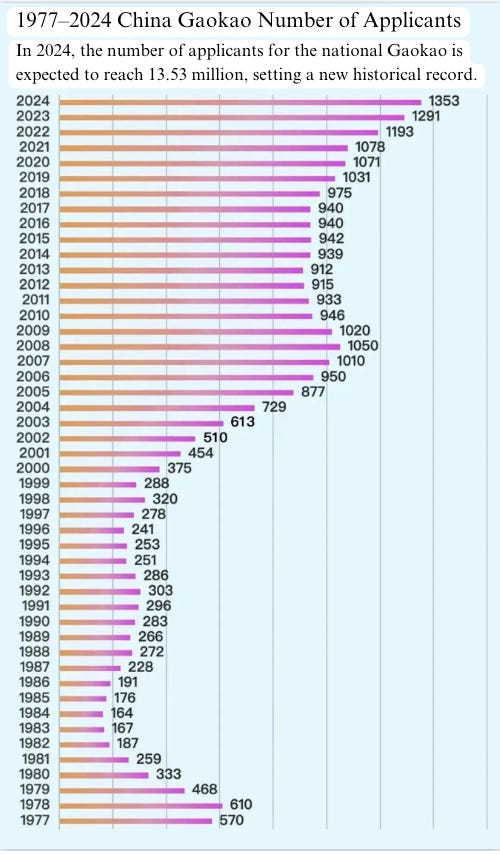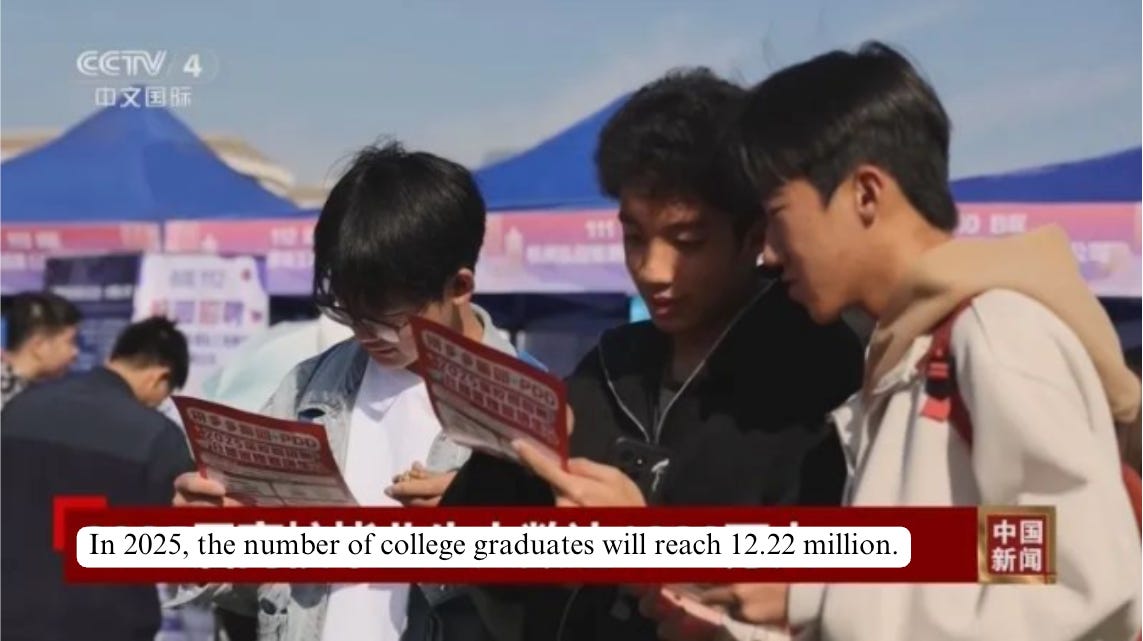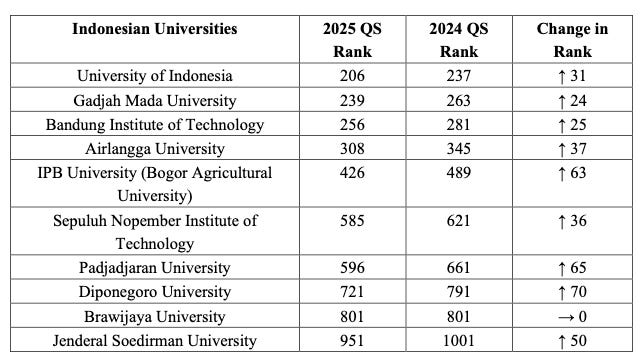Why More Chinese Ordinary Families Are Choosing Study Abroad – Zhang Xuefeng’s View
A response to rising educational pressure and limited domestic opportunities
In recent months, one voice has stood out in China’s education discourse: Zhang Xuefeng, a well-known commentator and mentor for millions of students and parents. His latest message?
“For children from ordinary families, if they’re hardworking and responsible, studying abroad could be the key to a better future.”
This view has sparked intense discussion. Why would a leading expert who built his career on China’s test-prep system advise families to look overseas? The answer lies in the growing challenges within China’s domestic education and job markets.
📈 The Reality: Intense Competition and Narrow Outcomes
In 2024, 13.53 million students registered for the Gaokao, China’s national college entrance exam—a record high.
30% of candidates were repeat test-takers.
In graduate admissions, numbers nearly doubled from 2 million in 2017 to 4.38 million in 2024.
Admission rates to top schools remain low. For example, 985 university admission in Guangdong was just 1.9%.
Even students who complete college face new barriers. Many top employers prioritize degrees from 985/211 universities. Resumes from students at less-prestigious institutions are often filtered out before interviews begin.
“Most Fortune 500 firms say degrees don’t matter,” Zhang says, “but they still recruit from Peking University—not Qiqihar University.”
🌍 Study Abroad as a Strategic Escape
Zhang believes that studying abroad may be a better fit for students from families with modest means—but high motivation.
Key advantages include:
Holistic admissions: Unlike China’s exam-based system, foreign universities consider academics, personal achievements, and experiences.
Faster degrees: Many international master’s programs take 1–2 years instead of China’s typical 3 years.
Better job access: International experience makes applicants more competitive. On average, returnees earn 20%–30% more than local graduates.
💰 Breaking the Myth: Study Abroad Isn’t Just for the Rich
Many Chinese parents still think studying abroad is only for wealthy families. But options are expanding.
CountryTuition (Yearly)NotesPoland/Hungary¥30,000–¥40,000Low living costs, EU-recognized degreesMalaysia¥20,000–¥40,000English-taught, strong global rankingIndonesia¥20,000–¥50,000High value, multilingual environment
Many universities also offer generous scholarships, including full tuition and living support.
Students can also legally work part-time during studies—especially in the UK, US, and Southeast Asia—providing extra income and practical experience.
🇮🇩 Case Spotlight: Why Indonesia Is Gaining Ground
Among affordable destinations, Indonesia is increasingly attractive for ordinary Chinese families:
Rapidly rising university rankings
Government-supported scholarship programs for international students
Bilingual or trilingual environments (Chinese-English-Indonesian)
A strong job market with growing demand for cross-cultural talent
As part of the “Three-Year Thousand Student Plan”, Indonesia is actively recruiting 1,000 Chinese students from 2024–2026. This program supports admissions, housing, and internship placement—creating smoother pathways for under-resourced students.
🎯 Rethinking the Path Forward
Zhang Xuefeng’s message isn’t about abandoning China’s system—it’s about creating alternative strategies for families who lack elite resources but still hope to uplift the next generation.
For education professionals and institutions abroad, this trend signals a shift:
More Chinese families are willing to invest in affordable, flexible, and globally-minded education, even if it means stepping outside traditional routes.
If you’re an admissions officer, policy maker, or international education advisor, now is the time to better understand these families—and meet them where they are.







